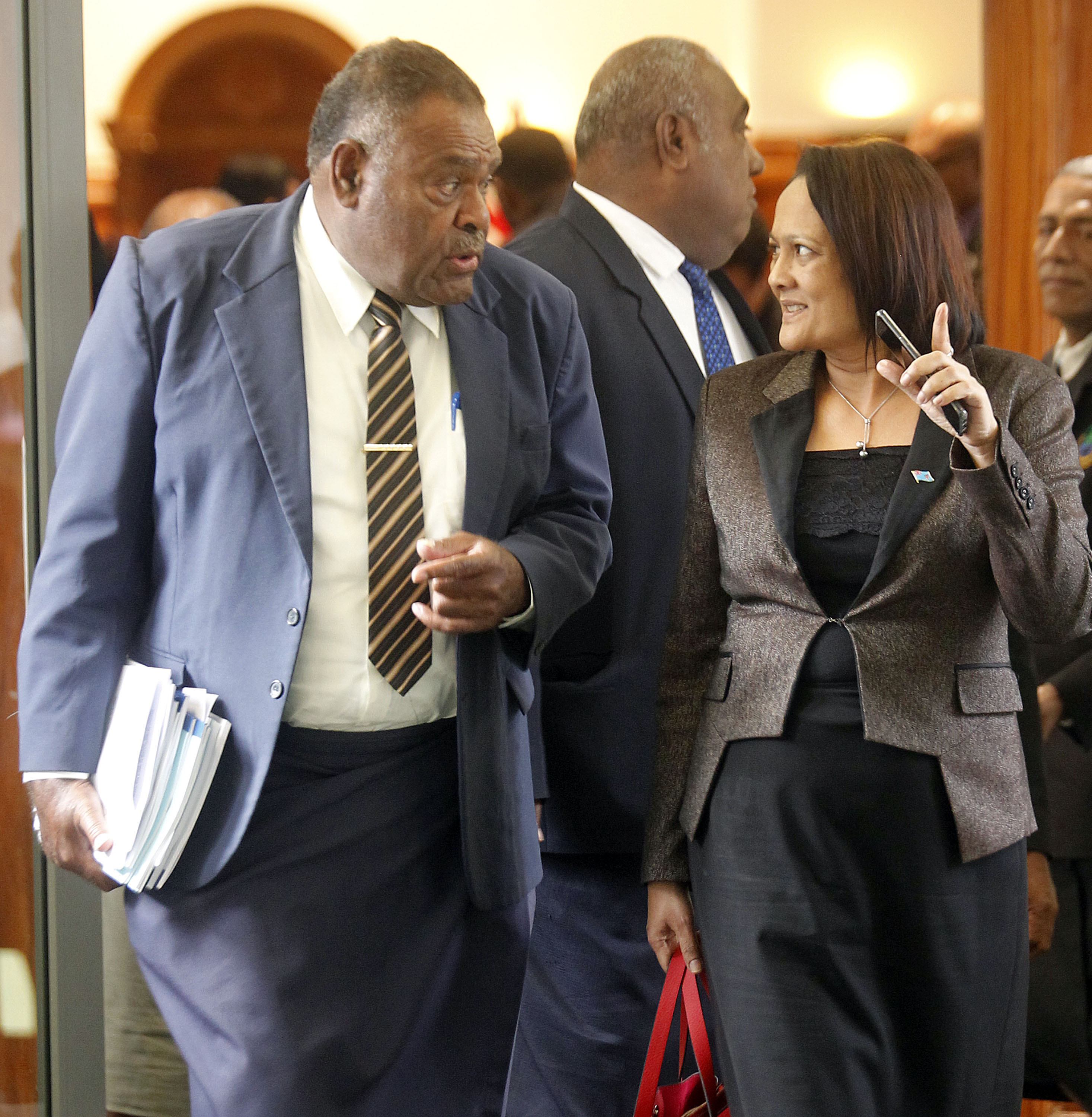THE global practice on taxation of expatriates or non-resident employees in any country is dependent on the number of days a person is present in a country or when the contract of employment becomes effective, whichever is favourable to the taxpayer.
Fiji’s Minister for Health and Medical Services Rosy Akbar said the law of taxation required a person to be in the country for 183 days to be considered for the person to be a resident for tax purposes.
She noted the number of other taxes contained in the provisions for the Chief Executive Officer of Fiji Revenue and Customs Services (FRCS) to make a determination on a person’s residency for tax purposes and as a permanent place of abode, location or for nationality, et cetera, that would further allow FRCS to consider the person on whether he or she was a temporary resident for tax purposes.
She said for expatriate employers engaged in Fiji, the rules for taxations would be as follows according to FRCS:
- If the person is judged to be a temporary resident then normal tax on resident rates will be applicable on the income derived in Fiji;
- If the person is judged to be a resident then normal tax on resident rates will be applicable on the worldwide income of the person; and
- If the person is considered to be a non-resident, then non-resident tax rates will apply and Pay As You Earn (PAYE) is deducted from the first dollar of income derived in Fiji.
Ms Akbar was also asked on the category for permits issued for doctors who came to work in hospitals here on a short term basis.
“Obviously, if someone is working in the country he or she will have a working permit and that is with the Department of Immigration, Ministry of Health has nothing to do with it,” she said.
“I have been told that the ones who are expatriates in terms of the private hospitals, the ones on secondment basis will pay withholding tax of 15 per cent. The ones employed locally full time will pay local taxes as normal.”






